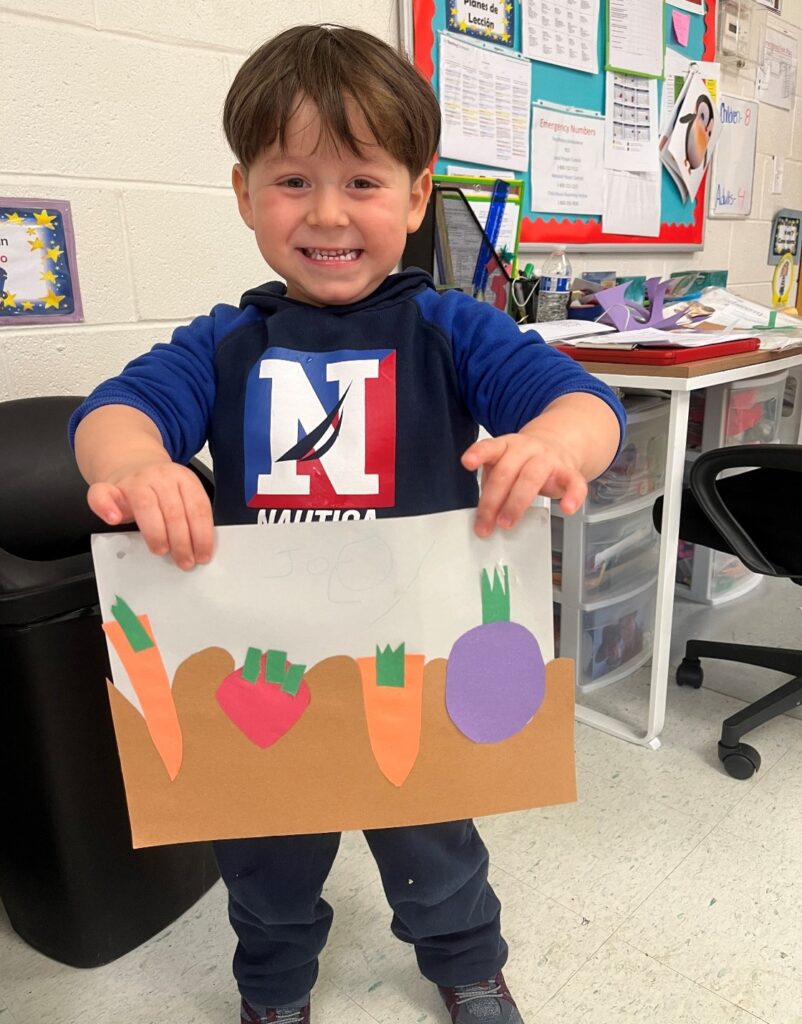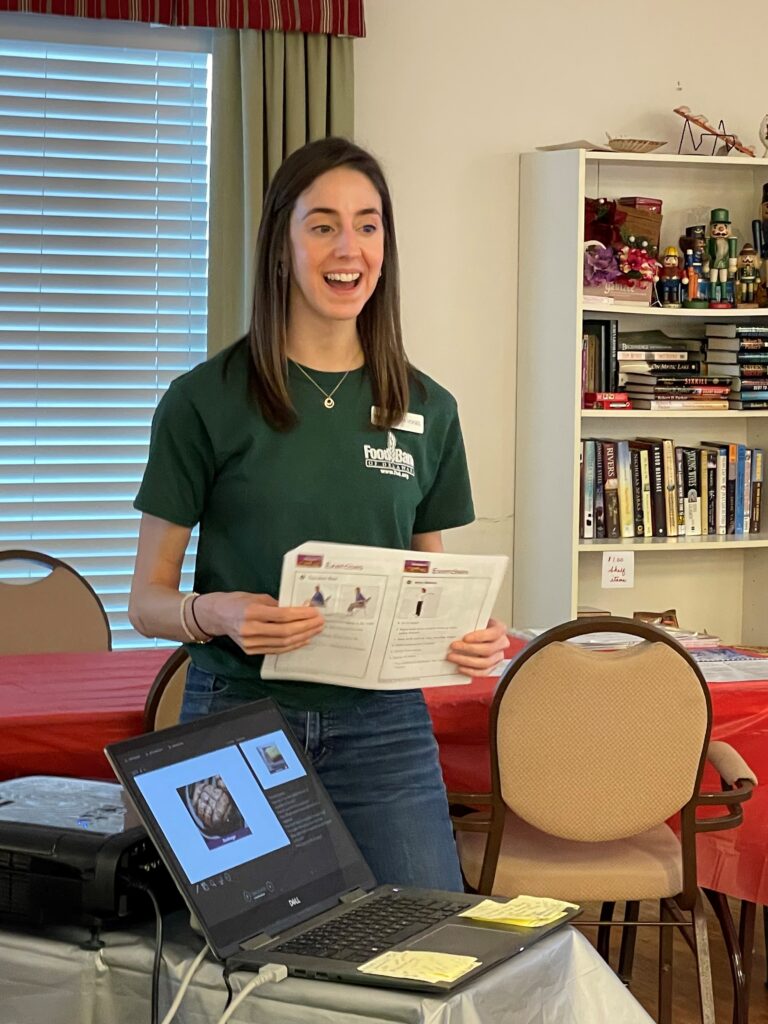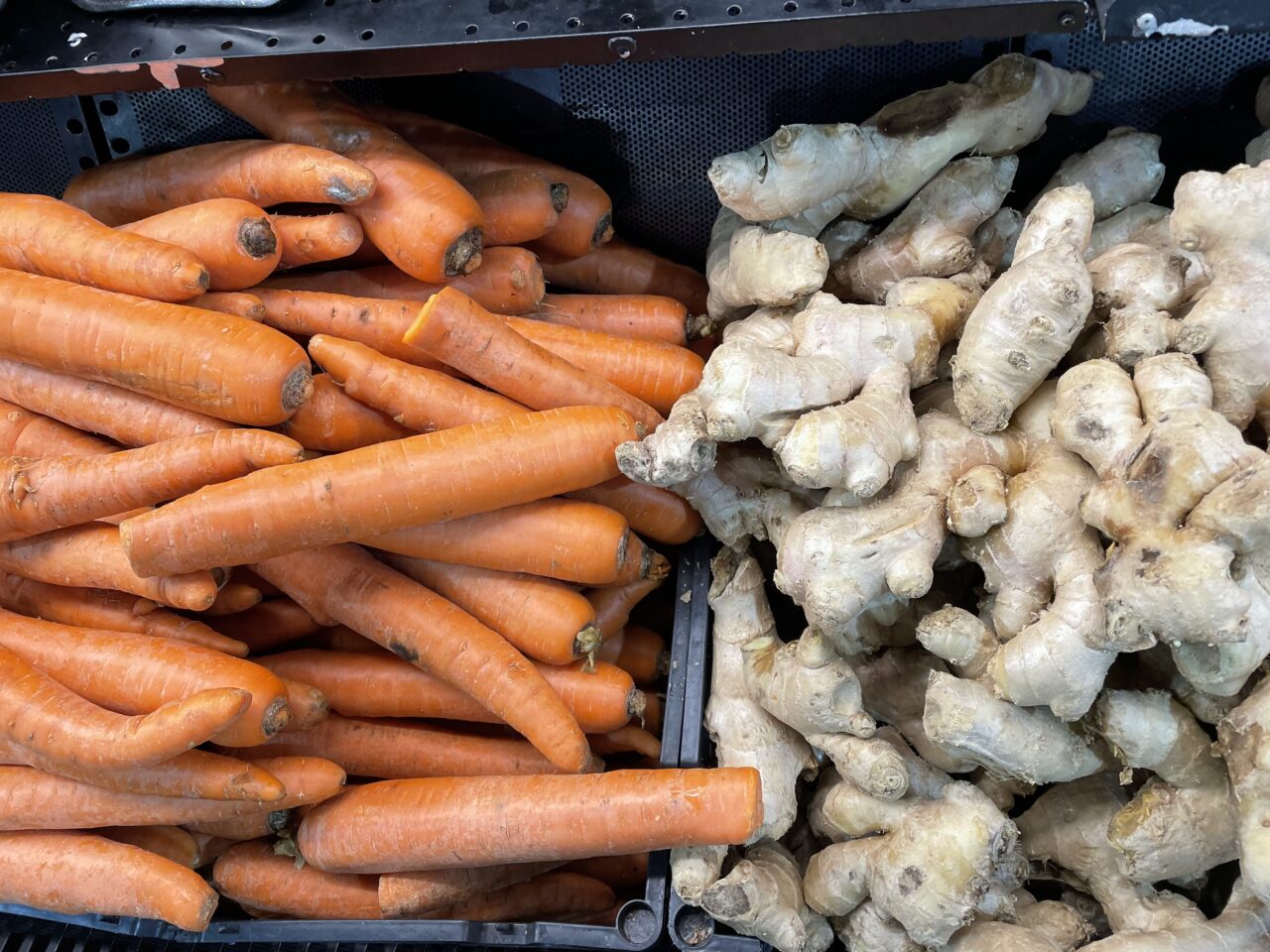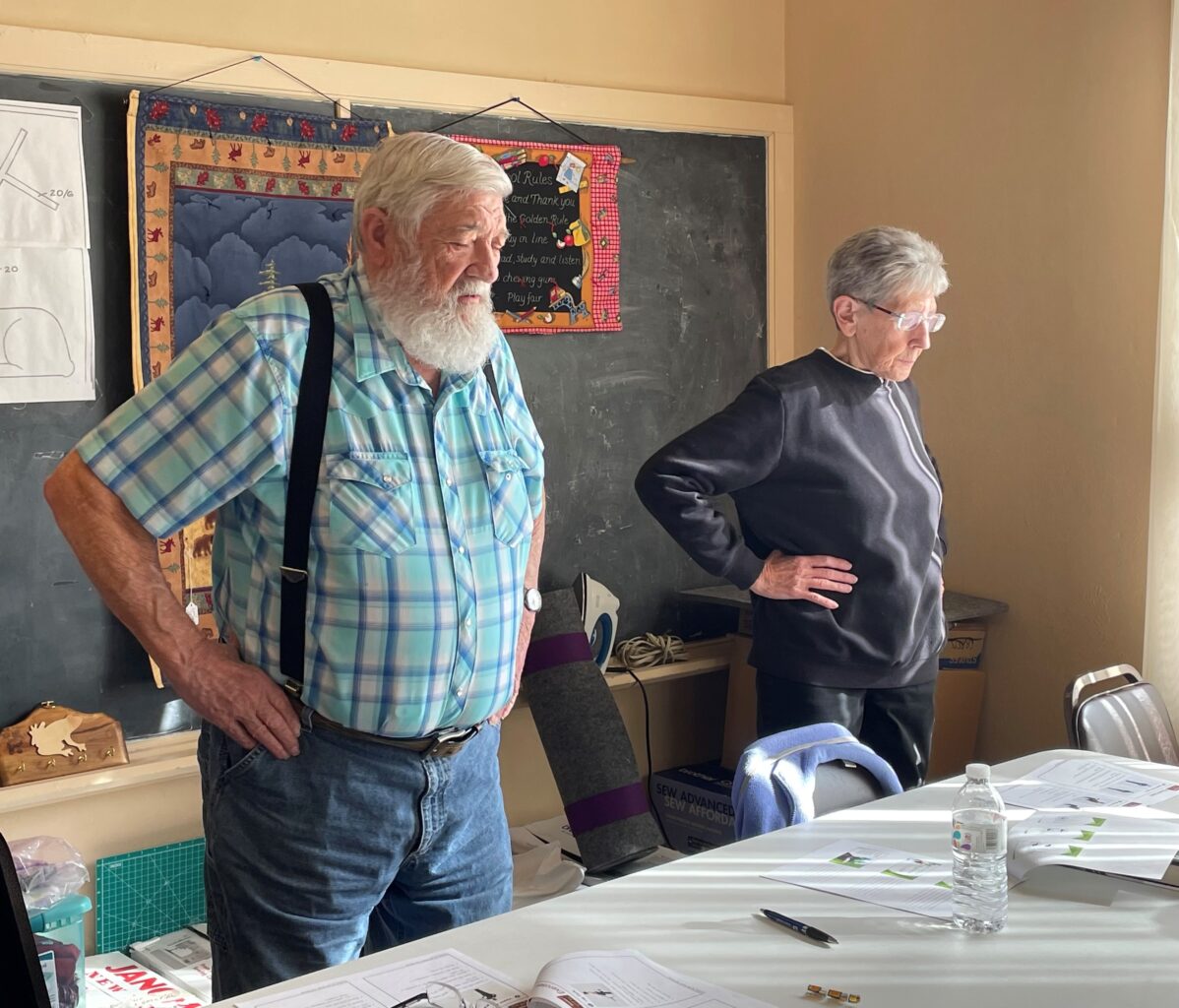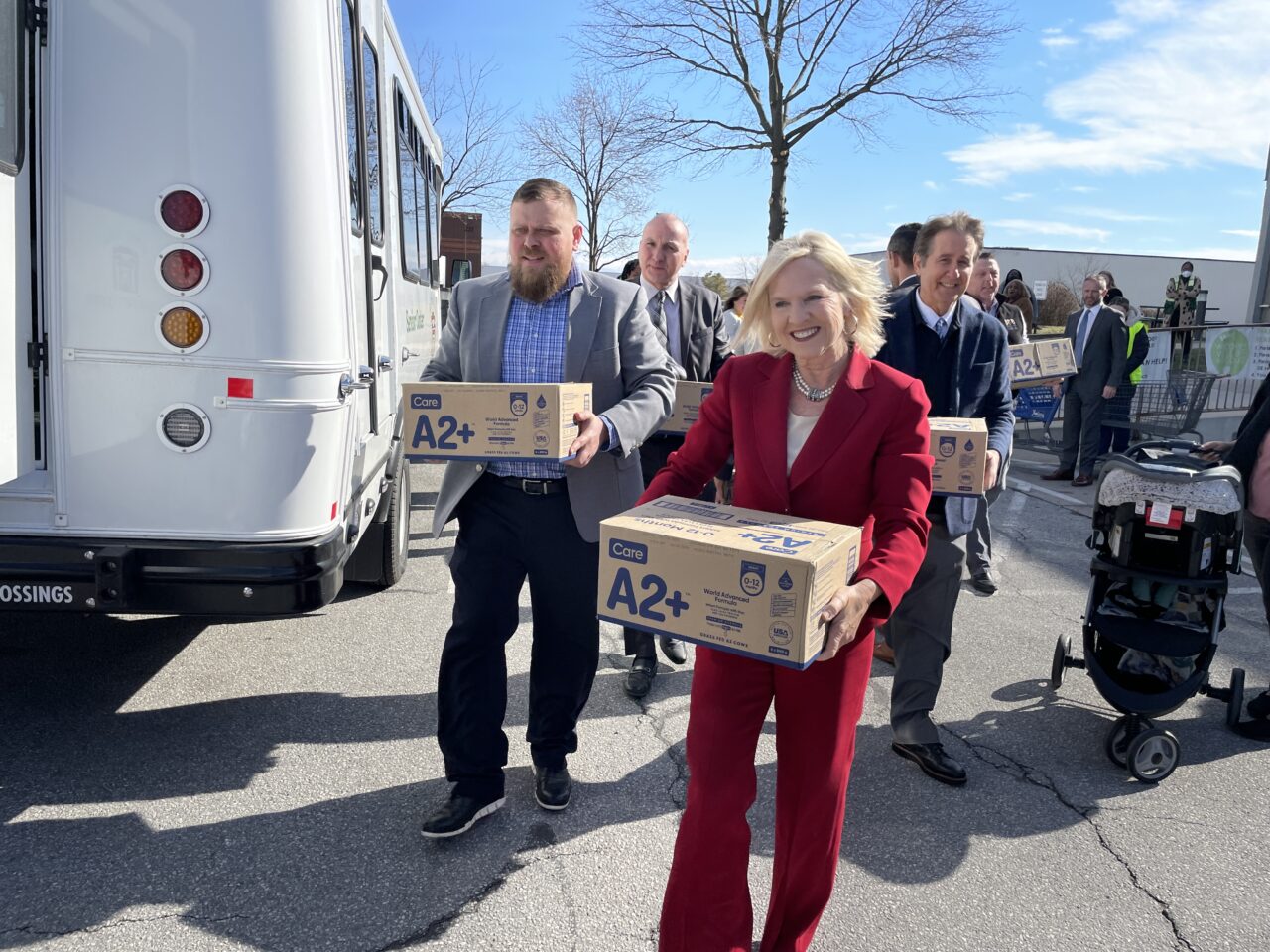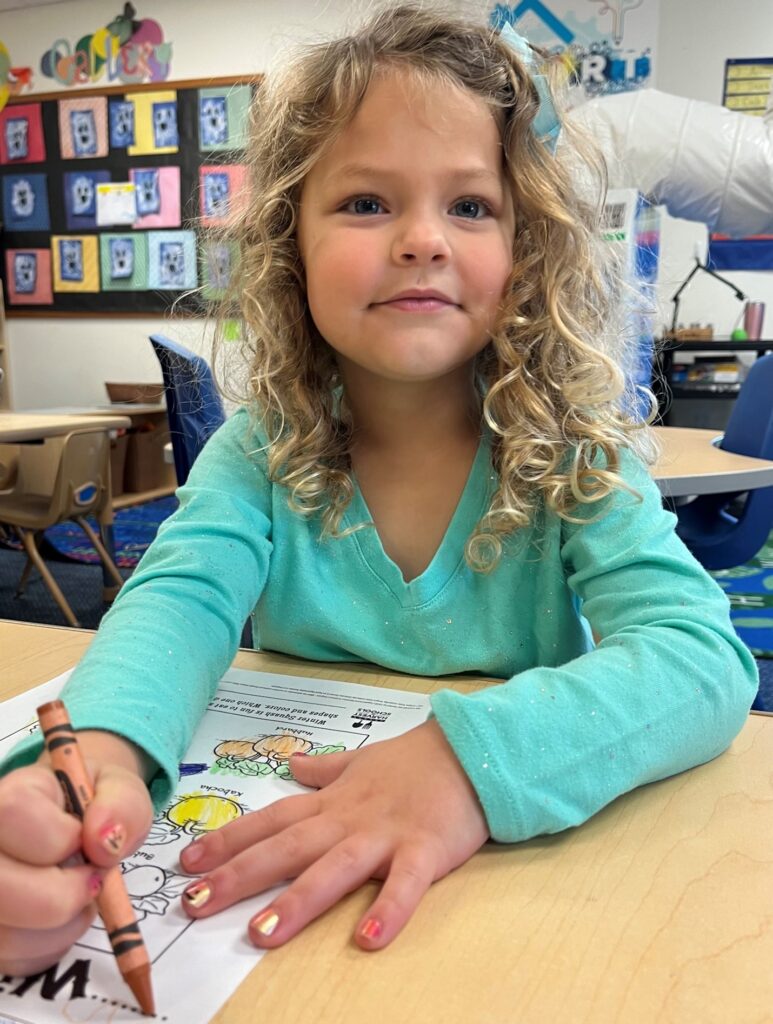Learning about fresh food helps young learners make good choices
March 16, 2022
March is National Nutrition Month! Did you know we have a team of nutrition educators here at the Food Bank of Delaware? The team educates community members about healthy eating on a limited budget!
Healthy lifestyles don’t start at age 40 – or even at age 12 – and that’s why the Food Bank of Delaware’s Nutrition Team created and launched the Healthy Childhood Project targeting our youngest learners – age 3-5 – enrolled in Head Start programs statewide. Among the project’s goals are to improve nutritional habits while encouraging physical activity early in life, setting a foundation for healthy living.
Like most things, the COVID-19 pandemic impacted the real-life implementation of this project last year. “We couldn’t go into the classrooms,” explained Alicia Vogel, one of our SNAP educators, noting that she’s recently staring to conduct in-person lessons.
Now, little learners will have hands-on opportunities to see, touch, smell, and taste fresh fruits and vegetables, ranging from apples to turnips. The 13 weeks of lessons, developed by the Food Bank nutrition educators, also include a related story-time, a physical activity, a craft project, plus a recipe in the newsletter that goes home to parents.
“We worked really hard to get this off the ground. The recipes are step-by-step and easy to follow,” said Vogel.
In addition, teachers at each center receive a PowerPoint lesson plan each week. “It’s also professional development for them,” added Jaime Sherman, another Food Bank nutrition educator. “We leave it up to the site as to how to present it.”
Here’s how it works: The site coordinator communicates to the Food Bank team how many students are expected to participate each week, then a Food Bank educator delivers the appropriate number of supplies and materials to the center.
Teachers at the centers can decide how to deliver the hour-long lesson; for example, it may be divided through a day’s session or into several days’ activities. “We ask the sites at the minimum do the story, educational and eating activities, and to have the children move their bodies,” said Vogel.
How is the project being received? Data is being collected as the project continues. Nutrition team members are in constant contact with center teachers, both for support and to get feedback. Teachers share photos with their Food Bank educator. “There’s a survey at the end of each module,” said Vogel.
It might come as no surprise that beets are not as popular as berries, and the kids aren’t wild about asparagus, but for the Food Bank nutrition team, there’s still a win: the children tried a new food and learned about a fresh fruit or vegetable.
To learn more about the Healthy Childhood Project, contact a member of the Food Bank’s nutrition team: Alisha Beckford, abeckford@fbd.org; Jaime Sherman, jsherman@fbd.org; Alicia Vogel, AVogel@fbd.org, and Chong Yi, CYi@fbd.org.


